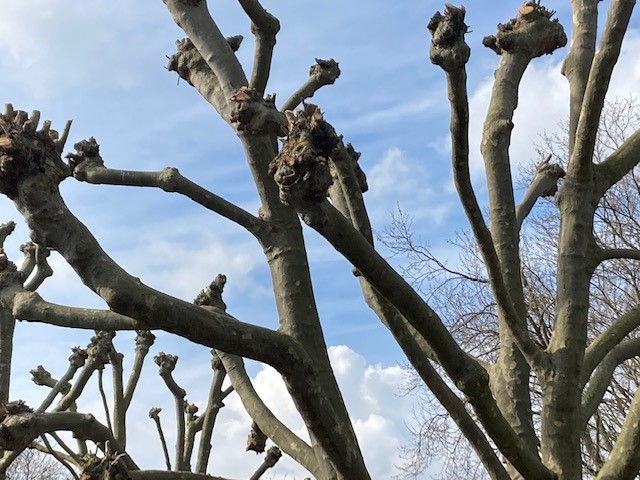
Yesterday I began a blog post and stopped almost immediately. One word, ‘disappointment’ suddenly felt like enough. Saying more risked being sucked, like water down a drain, into a spiral of self-pity.
I am usually, or so I like to think, fairly good at keeping depression at bay. I often find myself in conversations with people getting over difficult experiences in which clichés about this are exchanged. We speak of not taking things too personally, not letting things get to you, seeing the other person’s point of view, keeping a sense of proportion, recognising that holding grudges hurts only you, the gratification that can be gained from forgiveness, and the importance of living each day to the full (not to mention those outdated virtues from our childhood of taking it on the chin, keeping a stiff upper lip, soldiering on, remembering we’ll be rewarded in heaven or trusting in karma).
In the last week I have realised how much pleasure in my immediate environment has contributed to this daily renewal of positivity. The sofa on which I sit when taking a break from my desk has a view onto the back garden where, this spring, my bird feeder had a constant stream of visitors. The robin, with a new mate, two pairs of goldfinches, a wren and several great tits took it in turns to feed and my new placing of the feeder meant that the pigeons and squirrels, who were a bit of a nuisance last year, were discouraged from even trying, contenting themselves with what fell to the ground below. It was thrilling to have such a variety of bird life in such a central part of London. And, now in its second year, my gardening was starting to bear fruit. The second clematis montana rubens I had planted (the first having failed) had made it up the shady fence to find the sun and was covered in buds. I followed its progress every day, looking forward to the moment in late April when it would burst into a froth of pink flowers.
All this came to an abrupt end last tuesday when Camden Council sent round a team of tree surgeons to pollard the plane trees that surround my home. There was no warning, just the angry whine of electric saws and the grinding of shredding machines. Branches came hurtling down, including several into my back garden. Worrying for the clematis and thinking that the tree surgeon had moved on to the next tree, I went out to investigate, only to be hit on the head by another branch, coming from a different angle. The workman who had caused this was badly rattled. He expressed this not by any exhibition of concern for whether I was hurt but by absolute fury that I had been stupid enough to go out of doors. I suppose they worry about being sued.
Neither he nor the colleague who I eventually persuaded to come and clear away the branches could grasp that it was the plants I was worried about. With good reason. All the parts of the clematis with leaves and buds have now gone and I doubt if it will survive at all, and several other things have been damaged, including a pomegranate that lost its one and only fruit.
But, even more tragically, the bird feeder is now entirely unvisited. Not even the faithful robin has been seen since the great pollarding.
And of course this is not something about which it is possible or useful to complain. Many of my neighbours have been clamouring for the trees to be cut back for ages. The leaves clog up gutters in the autumn, causing leaks, and, in the summer, shed pollen and other detritus that means the windows need frequent cleaning. Balances have to be struck. And it is, after all, imperative to be reasonable.
But, nevertheless, a disappointment.
